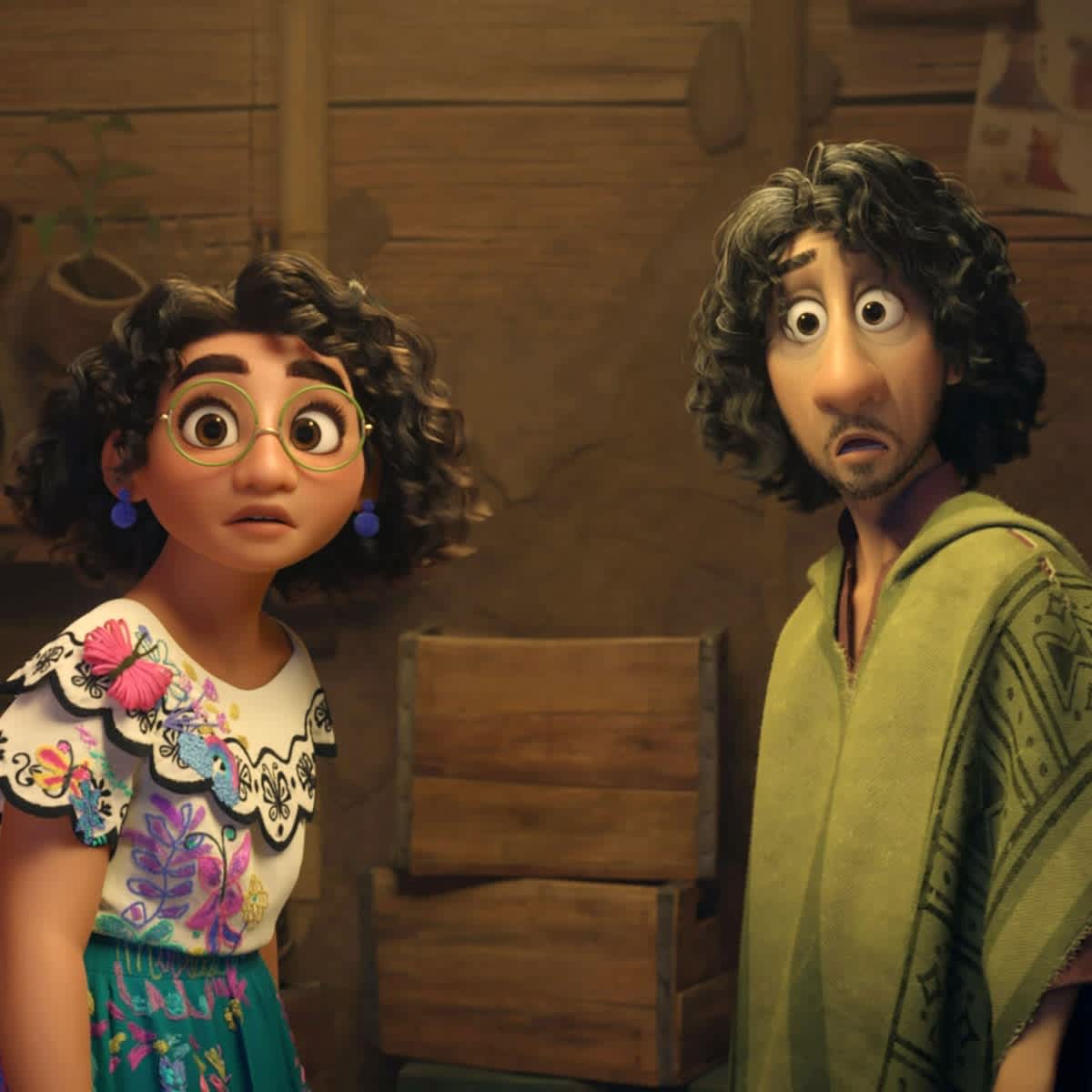
- POPSUGAR Australia
- Celebrity
- Disney’s Turning Red Not Only Represents Teenage Girls, But Also the Women Who Raised Them
Disney’s Turning Red Not Only Represents Teenage Girls, But Also the Women Who Raised Them

At POPSUGAR Australia we’re here to keep you up-to-date on the latest entertainment news. In saying that, we may receive a commission if you choose to click on the links in this article.
When I was given access to the screener for Disney’s Turning Red, I was not prepared for what I was about to feel. Pixar’s newest animated film is about Meilin Lee (Rosalie Chiang), a teenage girl who turns into a giant red panda whenever she’s overcome with emotion.
While it sounds comical, the story about the 13-year-old Chinese-Canadian protagonist is one about family, expectations and cultural duties. Something I, as a Pakistani-Australian, can deeply resonate with.
“Mei was definitely me when I was 13. Her whole struggle and her relationship with puberty and her mom was drawn from my own life,” director Domee Shi tells POPSUGAR Australia. “That’s where a lot of great stories come from, a lot of them come from a personal place. Because it’s real, that’s where the truth lies because it actually happened.”
Many immigrant kids have experienced the struggle of feeling alienated among their peers, and while it’s a common occurrence, it’s not a story that is told often in mainstream media. Mei, who is obsessed with the fictitious boy band 4*Town and scribbles romantic fantasies in her notebook is also in love with her roots and wants nothing more than to make her parents proud.
It’s the stark contrast of her two worlds that feels relatable. On one end she’s helping her mother Ming Lee (Sandra Oh) at the family temple and on the other, she’s plotting a way to go to 4*Town’s concert without her parents finding out.
“After we finished watching the movie, my mum and I looked over at each other and thought, ‘this is oddly similar’,” Chiang said. “Between the ages of 12-16, I recorded for Mei, so I literally came of age as Mei did in the film. So I was definitely able to resonate with the character.”
But the story isn’t just about Mei, it’s also about Ming. An overprotective, highly ambitious woman who only wants the best for her daughter, even if she isn’t always able to express it in the right way.
She expects obedience and finds it difficult to accept that her child is forming her own likes and dislikes, and is blossoming into her own person.
“I think there is a very specific, bittersweet quality when you experience the moment your child starting to change and starting to pull away from you naturally. You want them to but you don’t want them to,” said Oh to POPSUGAR Australia. “It’s painful when they do but you know they need to. And I think those parents who see this film can relate to that moment, and it’s just to understand their experience through Ming. And for them to understand that it’s okay if that natural separation happens. It’s painful for parents in a way that children just can’t understand.”
But as someone who is now well past her teenage years, I didn’t see Ming as a villain. Instead, I saw her as a woman who didn’t know any different. She raised Mei the only way she knew how and that was how her own mother raised her.
“Ming was a bit of a challenging and tricky character because she walks the fine line of being the parent you kind of want to hate, but also, as a parent myself, it’s to be understood. You want to bring Ming’s love, Ming’s misunderstanding and Ming’s humanity to the project,” Oh said.
Turning Red is a beautiful coming-of-age story that touches on generational trauma, cultural ideals and what life is like growing up as the daughter of two immigrants.
Entering your teenage years can feel like an emotional rollercoaster. And while it’s hard to put into words, the collective ordeal is perfectly personified through a giant red panda.
Turning Red will premiere exclusively on Disney+ from March 11.



